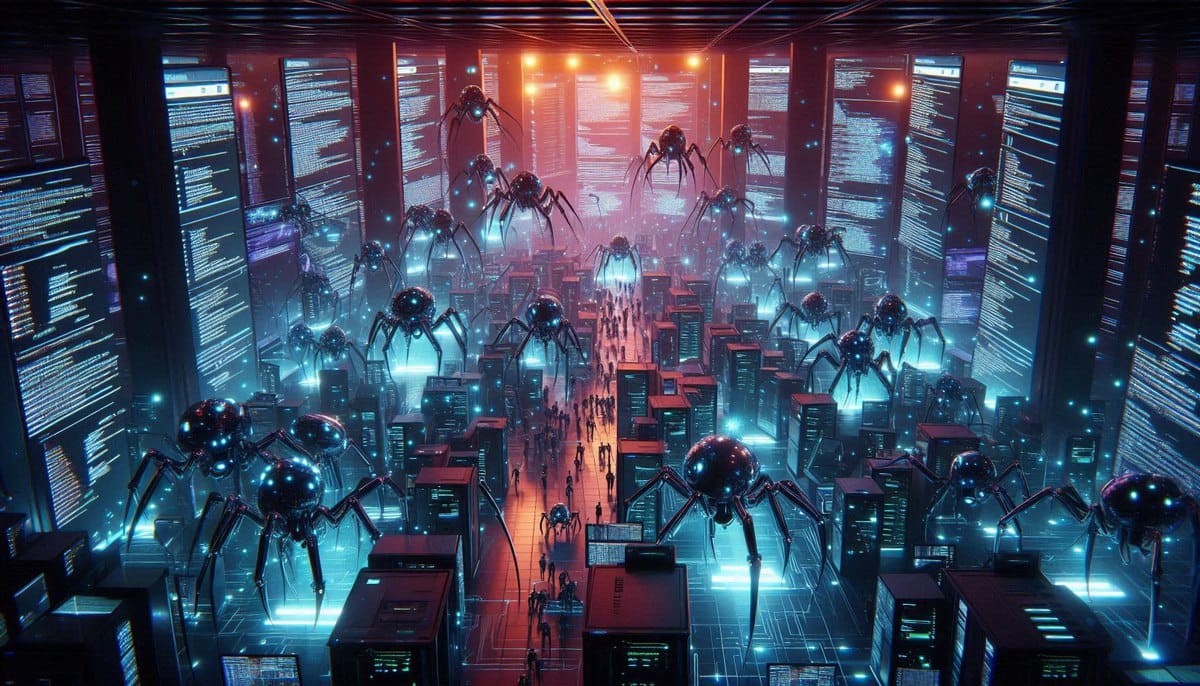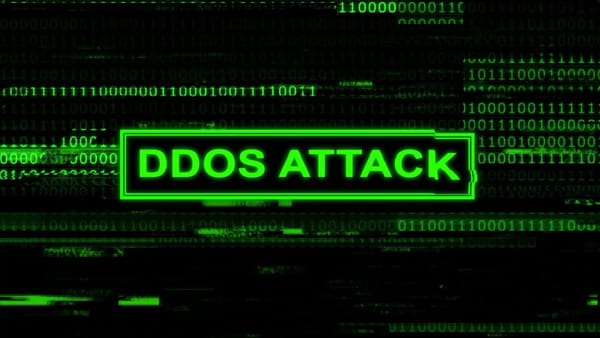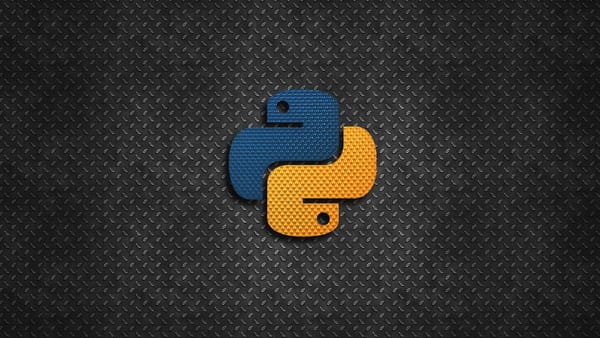Cloudflare Blocks AI Web Crawlers by Default and Tests Pay-Per-Crawl Model

Cloudflare has announced a major policy shift, automatically blocking AI-powered web scraping for new users and launching a beta program that lets website owners charge AI companies for access to their content.
Key Announcements
Default AI Crawler Blocking
Cloudflare will now block known AI bots by default for all new customers, including those on free-tier plans.
- Existing users can opt out of the block if they prefer to allow AI scraping.
- The list of blocked bots includes those used by major players like OpenAI and Google.
Pay-Per-Crawl Beta Testing
Cloudflare is also launching a private beta for a pay-per-crawl model, allowing publishers to:
- Set their own prices for AI bots accessing their websites
- Whitelist preferred crawlers with licensing deals
- Block or charge all others on a per-scrape basis
The goal, according to Cloudflare, is to create a transparent marketplace where AI companies pay fairly for high-quality data, and content creators retain control over how their work is used.
Why It Matters
AI companies are known for scraping massive volumes of publicly available content to train large language models (LLMs). This includes blog posts, product descriptions, and even academic research—often without notice or compensation to the creators.
Cloudflare CEO Matthew Prince framed the issue bluntly:
“Original content is what makes the internet great. If AI crawlers take it without limits, creators lose incentive to produce quality work—hurting the web’s future.”
The pay-per-crawl model could shift the dynamic, giving publishers both monetary incentives and greater control over how their content is consumed by AI systems.
How Pay-Per-Crawl Works
- Publishers will be able to approve or block specific AI bots, particularly those that have signed licensing agreements.
- Unapproved bots must pay for access on a per-request basis, with dynamic pricing options expected in the future (e.g., charging more for high-value or exclusive content).
- Cloudflare is working directly with AI companies to ensure technical compliance with these new rules.
A Broader Fight Against Unchecked Scraping
Cloudflare’s move comes amid a growing backlash against unregulated web scraping by AI firms.
Earlier this year, the company released “AI Labyrinth”, a tool designed to trap rogue crawlers in loops of fake data, effectively wasting their resources.
Meanwhile, independent projects like Nepenthes have taken a more confrontational approach—feeding misleading or corrupted content to AI scrapers to degrade training data quality.
These tactics reflect a rising frustration within the publishing community, where creators feel they’re fueling AI models without consent or compensation.
What’s Next?
If widely adopted, the pay-per-crawl model could reshape the economics of AI training, forcing companies to:
- Pay for the privilege of accessing reliable data
- Negotiate directly with publishers
- Or risk being blocked entirely and relying on lower-quality or synthetic content
For publishers, this presents a new potential revenue stream—but much depends on whether AI firms are willing to pay or seek alternative sources.
Final Thought
Cloudflare’s latest move reflects a growing pushback against the unchecked harvesting of web content by AI crawlers. Whether this effort leads to a more sustainable digital ecosystem or simply sparks another round of cat-and-mouse remains to be seen.
Stay tuned for updates as the pay-per-crawl beta rolls out and the AI industry responds.




